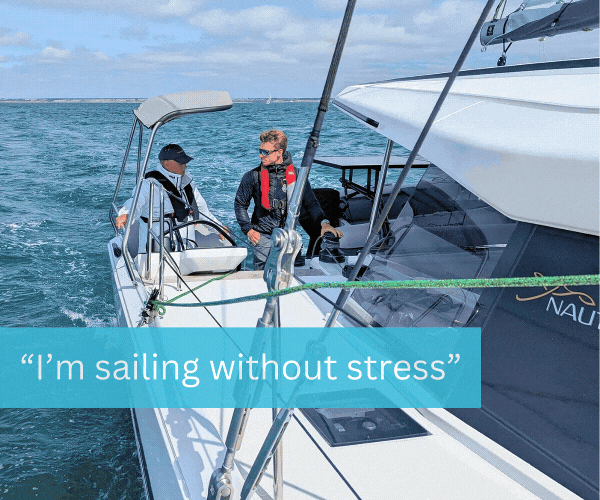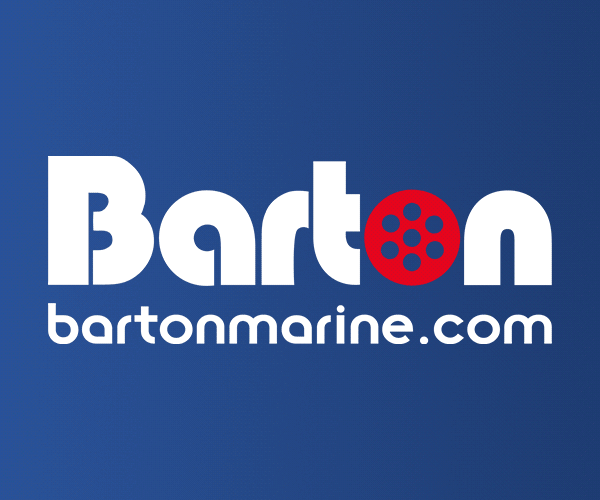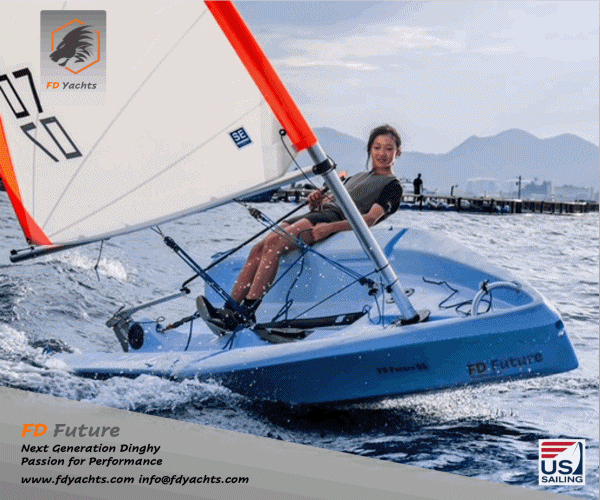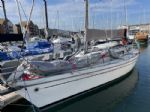












| Laser 28 - Excellent example of this great design Hamble le rice |
 |
| Laser 140101 Tynemouth |
 |
| Laser 161752 Tynemouth |
 |
List classes of boat for sale |
Where theres blame theres a claim |
Post Reply 
|
Page <12 |
| Author | |||||
Chris 249 
Really should get out more 

Joined: 10 May 04 Online Status: Offline Posts: 2041 |
 Post Options Post Options
 Quote Quote  Reply Reply
 Topic: Where theres blame theres a claim Topic: Where theres blame theres a claimPosted: 13 Feb 15 at 11:35am |
||||
Sure it's a blunt instrument, but as the Chief Judge for the US Court of Appeals for the First Circuit (who as also an USAF International Judge) said in the Endeavour case, yacht racing as we know it could not work otherwise. If I could be found liable for some of the damage to WOXI if she hit me when overtaking when I had every right in the rulebook, I'd be very, very scared! Edited by Chris 249 - 13 Feb 15 at 11:42am |
|||||
 |
|||||
Brass 
Really should get out more 
Joined: 24 Mar 08 Location: Australia Online Status: Offline Posts: 1151 |
 Post Options Post Options
 Quote Quote  Reply Reply
 Posted: 13 Feb 15 at 12:52pm Posted: 13 Feb 15 at 12:52pm |
||||
|
Chris,
I'll PM you. The issue is definitely NOT about whether RRS or COLREGS apply. RRS apply to boats entered in races. The issue is whether the RRS are apt to determine liability, and whether protest committees should or should not attempt to do so. Here are some relevant MNA prescriptions to rule 67. Canada is definitely the odd one out, but note the language: it refers to 'fault', not 'liability'. Australia
67 Yachting Australia believes that the question of damages
is for the appropriate court of law. Canada
Rule 67 – Damages Sail Canada prescribes that a boat that
has been found by a protest committee to have broken a rule and caused damage
shall be considered at fault for the purposes of rule 67. USA
US Sailing prescribes that: (a) A boat that retires from a race or accepts a penalty does
not, by that action alone, admit liability for damages. (b) A protest committee shall find facts and make decisions
only in compliance with the rules. No protest committee or US Sailing appeal
authority shall adjudicate any claim for damages. Such a claim is subject to
the jurisdiction of the courts. (c) A basic purpose of the rules is to prevent contact
between boats. By participating in an event governed by the rules, a boat
agrees that responsibility for damages arising from any breach of the rules shall
be based on fault as determined by application of the rules, and that she shall
not be governed by the legal doctrine of ‘assumption of risk’ for monetary
damages resulting from contact with other boats. New Zealand
67 Yachting New Zealand prescribes that: 1. The findings of fact, and decisions of protest
committees, shall be relevant only for the purposes of the ISAF Racing Rules of
Sailing. 2. Any issue of liability or claim for damages arising from
an incident while a boat is bound by The Racing Rules of Sailing shall be
subject to the jurisdiction of the courts and not considered by a protest
committee. 3. A boat that retires from a race, or accepts a penalty
does not, by that action alone, admit liability. Great Britain
67 Damages 1. Any issue of liability or claim for damages arising from
an incident while a boat is bound by The Racing Rules of Sailing shall be
subject to the jurisdiction of the courts and not considered by a protest
committee. 2. A boat that takes a penalty or retires does not thereby
admit liability for damages or that she has broken a rule. |
|||||
 |
|||||
Post Reply 
|
Page <12 |
| Forum Jump | Forum Permissions  You cannot post new topics in this forum You cannot reply to topics in this forum You cannot delete your posts in this forum You cannot edit your posts in this forum You cannot create polls in this forum You cannot vote in polls in this forum |
Copyright ©2001-2010 Web Wiz
Change your personal settings, or read our privacy policy











 Printable Version
Printable Version Delicious
Delicious Digg
Digg Facebook
Facebook Furl
Furl Google
Google MySpace
MySpace Newsvine
Newsvine reddit
reddit StumbleUpon
StumbleUpon Twitter
Twitter Windows Live
Windows Live Yahoo Bookmarks
Yahoo Bookmarks Topic Options
Topic Options